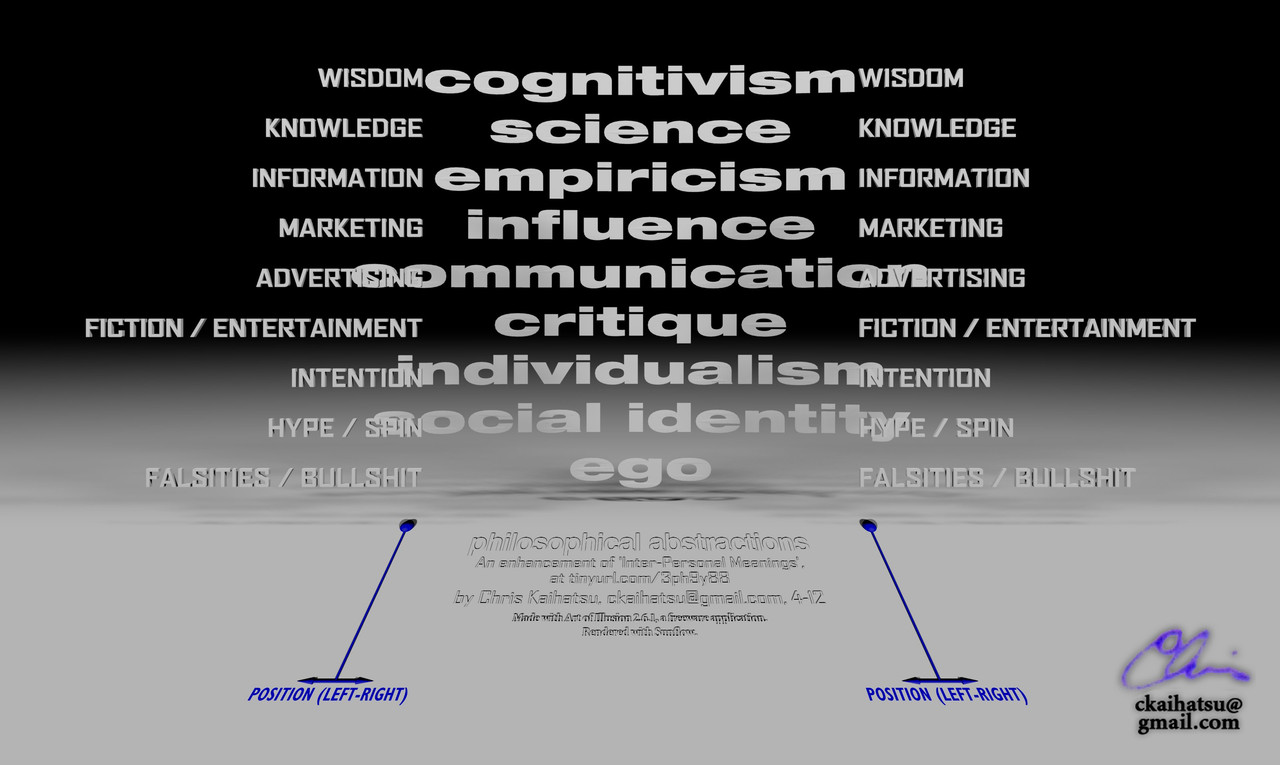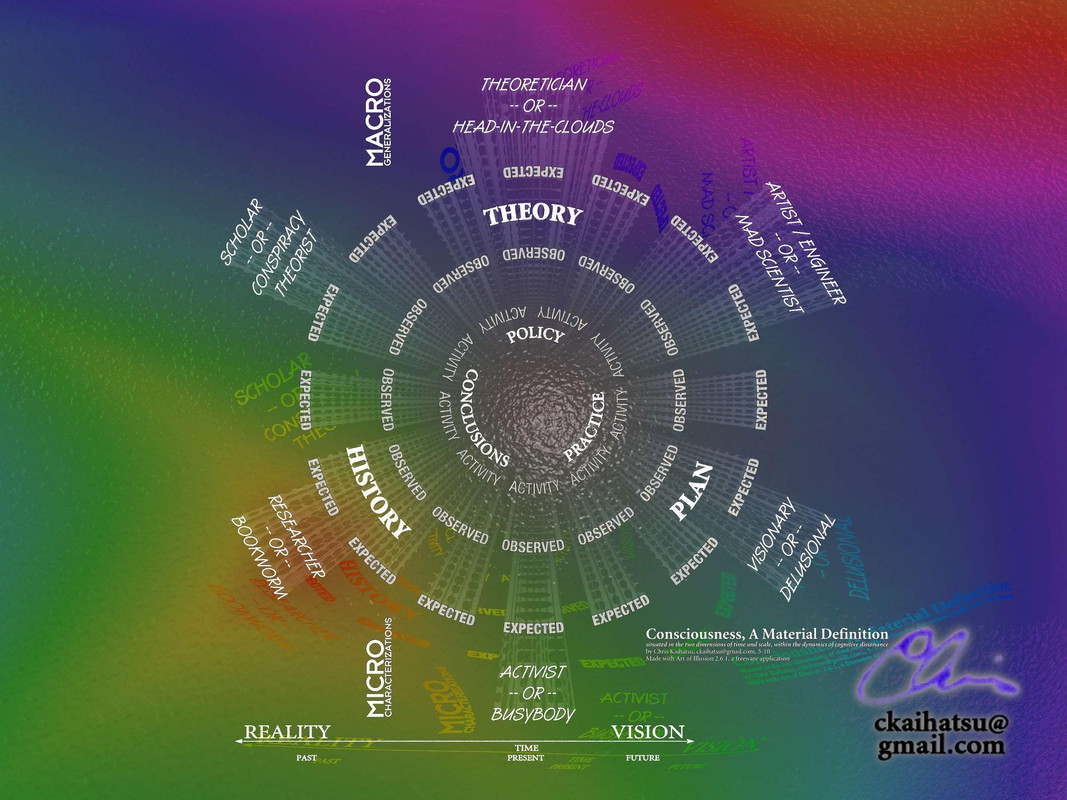Beren wrote:
The newest jobs will be already automated ones, in the not too distant future there'll be no new types of jobs for humans. It's the ancient jobs such as motherhood, nursing, teaching, being an artist, etc. that are the hardest to automate and will be done by humans even when they won't have to work anymore. In socialism they'll be the most valued professions (still done by people), which isn't the case in capitalism and wasn't the case in Soviet socialism either.
I'd argue that even *these*, most-human, most-humane occupations may just be *social constructions*, ultimately, and society is *already* using a shifted social-organization topology due to *the Internet* (consider personal shoppers, for example).
Those are all 'pink-collar' jobs, meaning service-sector, and perhaps what's *most* important aren't the mothers, nurses, teachers, and artists, but rather the child-rearing, nursing, education, and art. Certainly people can continue these things if they *want* to, but that's the key -- do they *want* to, or is it currently out of *material necessity* -- ? AI / robots, like the preceding development of industrial machinery, would take the load off of human labor, hopefully for-good finally since everything basic to life and living would finally be fully-automated and in full abundance, even mitigating the 'distribution problem', arguably.
wat0n wrote:
But in the transition there will still be. In the end, in the long run everyone will be capitalist (own capital).
It's not just those - counseling, plenty of services, etc will still be done by humans. Likely, repairing and maintaining machines will also have a human component, so will R&D.
I'd argue that 'capital', too, is a social construction, and there empirically / realistically can't be both the continuation of capital (which implies *private control*), and also 'full automation' -- which implies a societal-rational approach to distribution, a goal that cuts *against* the current landscape of balkanized and hegemonic private corporate interests.
Beren wrote:
Most of that, the whole process of production basically, will be done and controlled by AI. In terms of production (of goods and services) humans just won't be able to compete with machines and AI, and they won't even be able to take part in any production process anymore, except a few perhaps.
Crantag wrote:
A society based on robotic production would therefore have to be post-capitalist.
Yup.




















 - By Fasces
- By Fasces